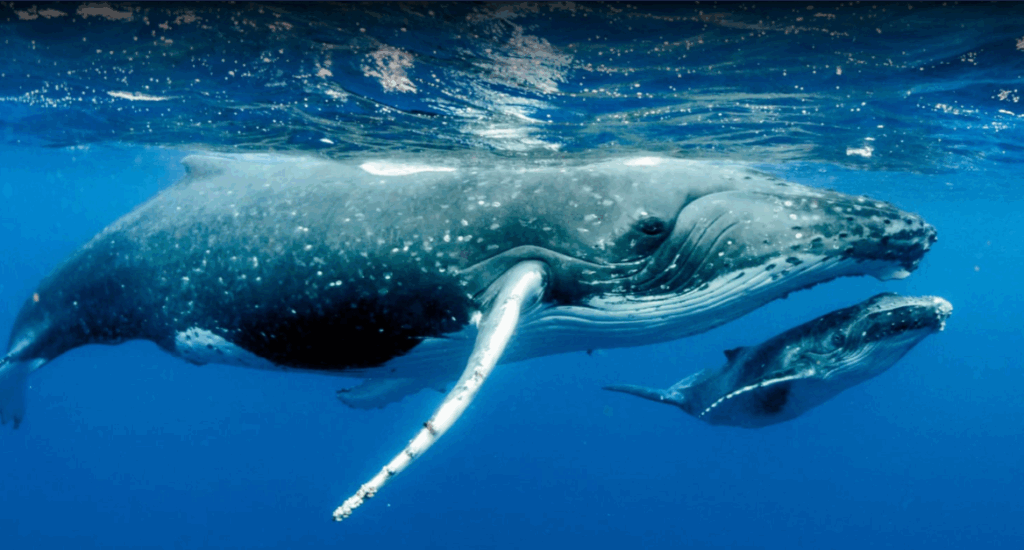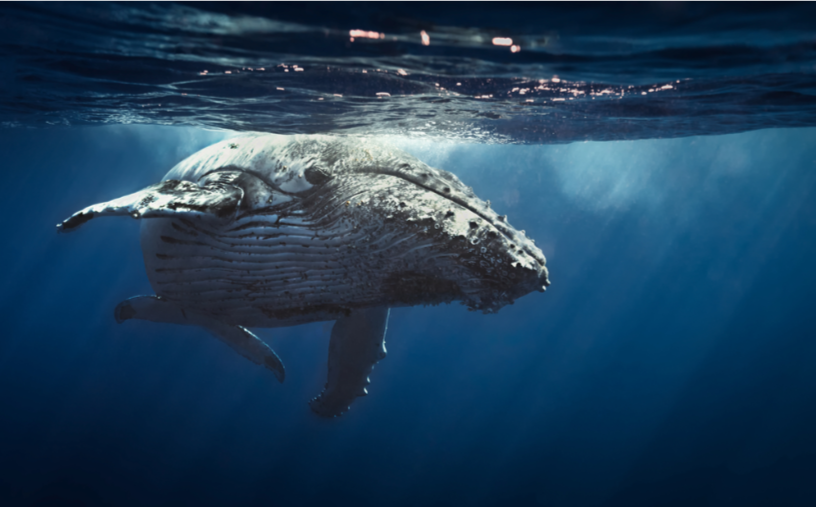In the vast, echoing chambers of the ocean, the haunting songs of blue whales have long been a symbol of life, connection, and mystery. But today, scientists are raising alarms—not because these majestic creatures are singing louder, but because they’re falling silent.
Two major studies—one conducted between 2016 and 2018 off South Taranaki Bight in New Zealand, and another spanning 2015 to 2020 along the Californian coast—have revealed a troubling trend: blue whales are singing less. And this silence may be more than just a behavioral shift; it could be a warning of deep ecological distress.
Why Do Blue Whales Sing
Blue whales sing to communicate, to find mates, and to navigate their vast underwater world. Their low-frequency calls can travel hundreds of kilometers, forming a kind of acoustic map of the ocean. But these songs aren’t just beautiful—they’re vital.

The Silence Speaks Volumes
Researchers have found that whale vocalizations drop significantly during years of ocean heatwaves and krill shortages. Krill, the tiny shrimp-like creatures that form the backbone of the blue whale’s diet, are highly sensitive to temperature changes. When warm waters disrupt their populations, whales must expend more energy searching for food—leaving less energy for singing and mating.
This shift in behavior isn’t just about hunger. It’s a ripple effect that touches the entire marine food web. As whales sing less, their chances of reproduction decline, and their role in ocean ecosystems begins to falter.
Climate Change and the Crumbling Food Chain
During marine heatwaves, krill populations scatter instead of forming dense swarms, making them harder for whales to find. At the same time, toxic algal blooms—fueled by warmer waters—pose a growing threat to marine mammals. While humpback whales show some resilience, blue whales, with their smaller population and specialized feeding habits, are far more vulnerable.
A Warning from the Deep
The loss of whale song may be one of the earliest indicators of environmental collapse in our oceans. It’s not just about one species—it’s about the health of the entire marine ecosystem. When the largest animal on Earth goes quiet, it’s time for us to listen.

What Can We Do?
Protecting blue whales means protecting the oceans they call home. That includes:
- Reducing greenhouse gas emissions to curb ocean warming
- Supporting sustainable fishing practices to preserve krill populations
- Funding marine research and conservation efforts
- Raising awareness about the silent signals of climate change
Let’s not wait until the ocean is silent to act. The songs of the blue whale are more than nature’s music—they’re a call to protect what’s precious, before it’s too late.







